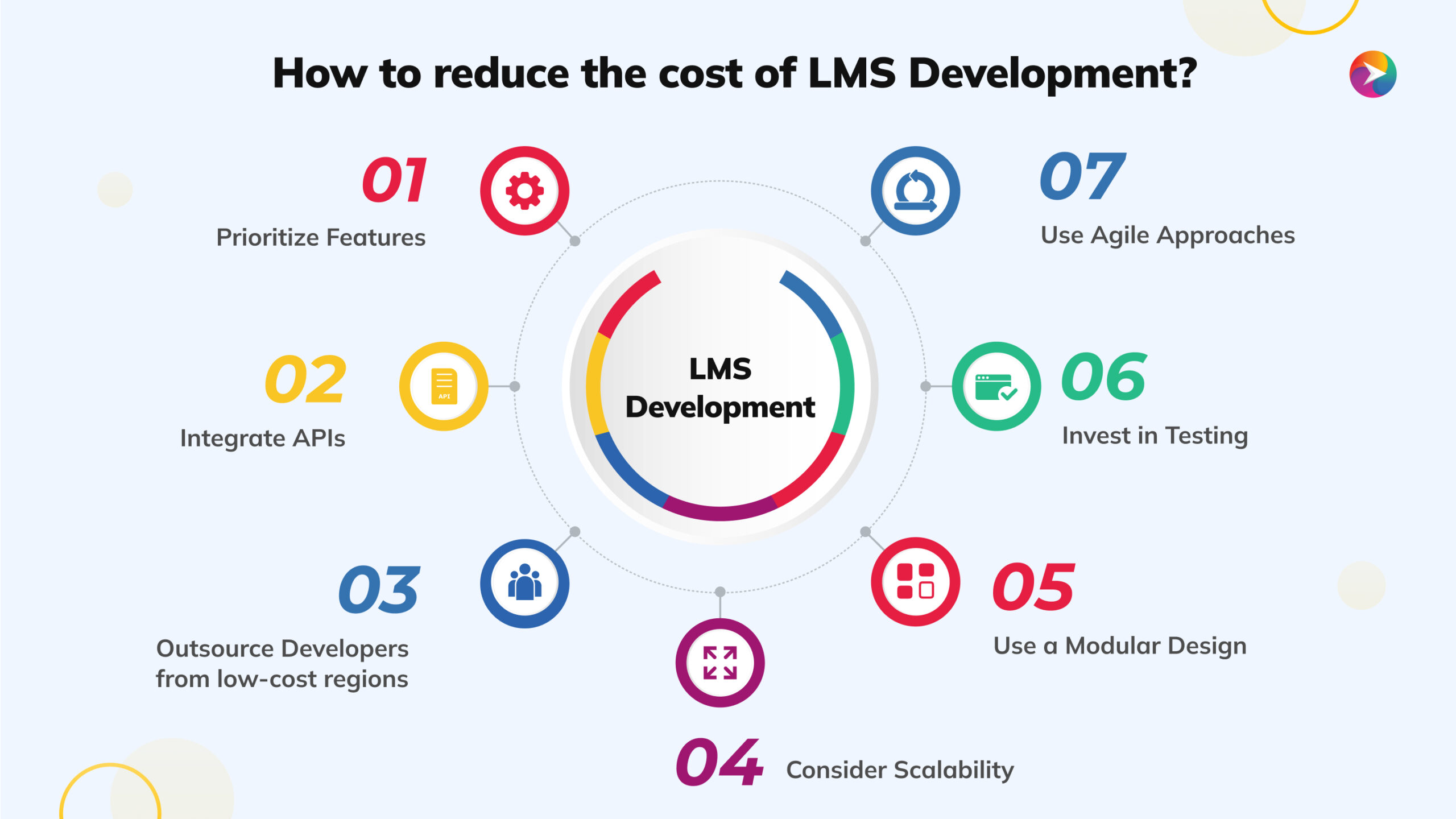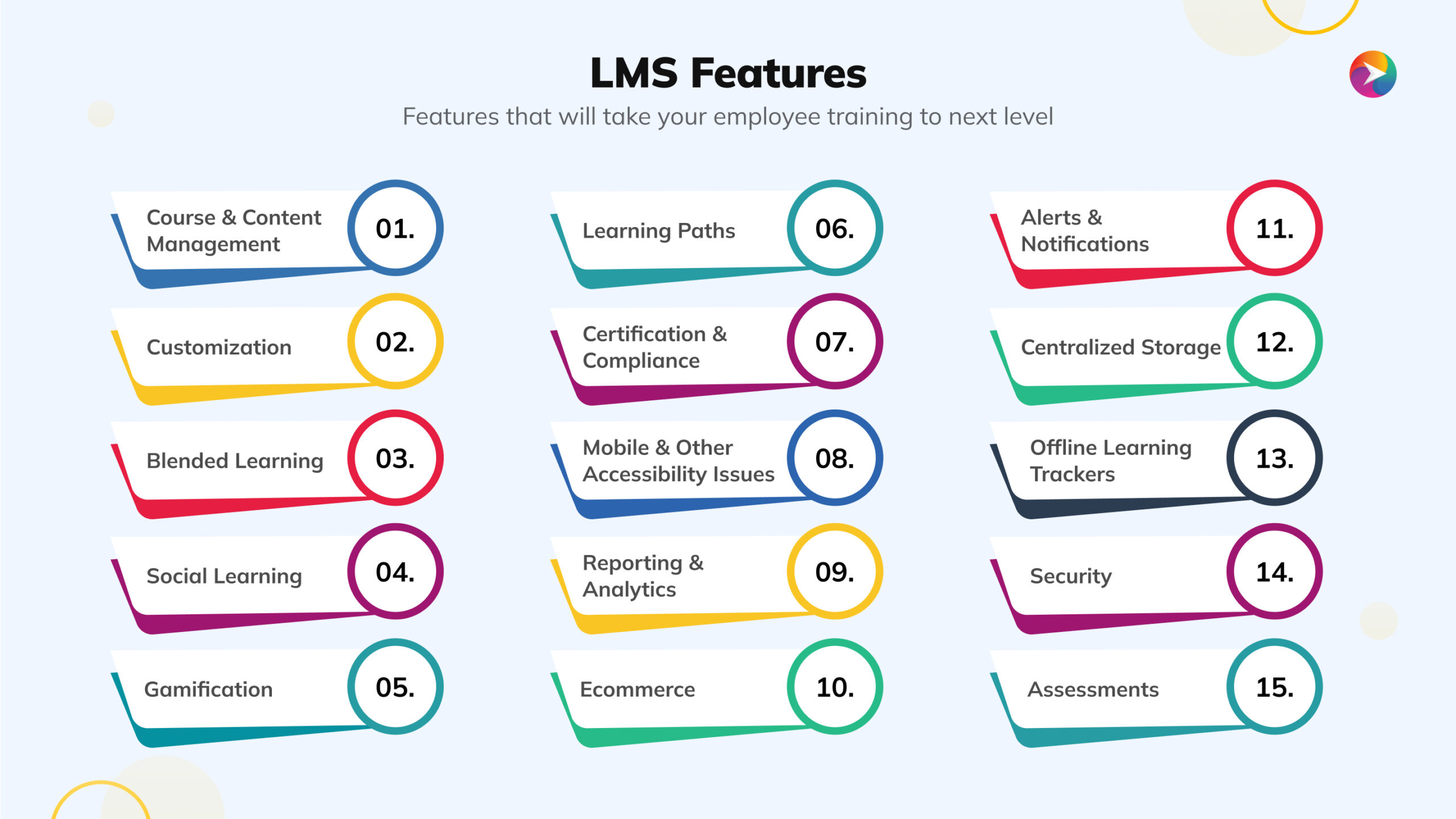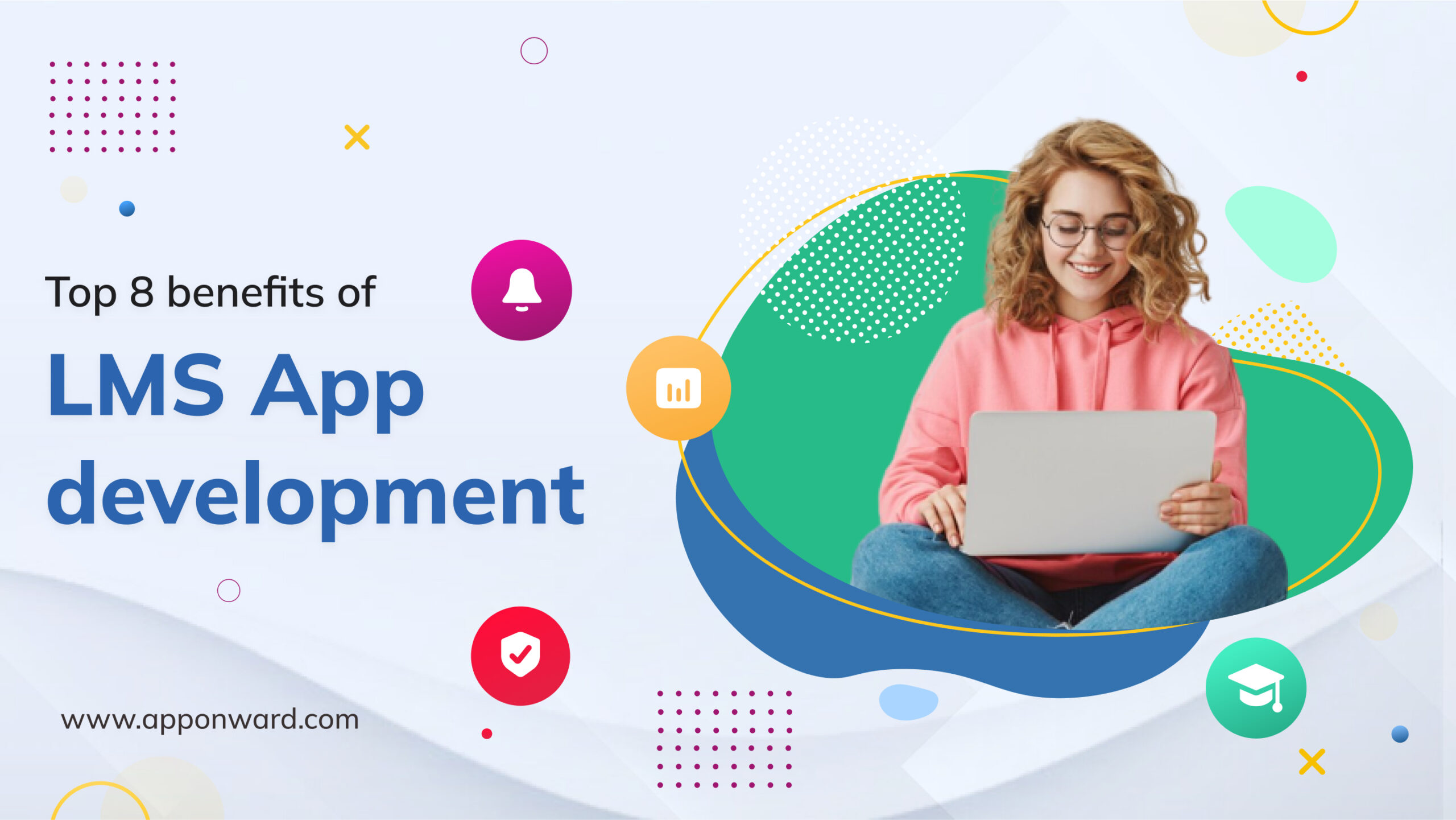 25/01/2024
25/01/2024
Anand Kumar Mishra
6 Mins to Read
Table of content
Top 8 Benefits of LMS App Development
In today’s mobile-first world, Learning Management System or LMS app development can be a game-changer for both businesses and educational institutions.The modern world is mobile-first. We work, connect, and entertain ourselves through the seamless convenience of our smartphones and tablets. This shift in behavior has extended to the realm of learning, demanding a paradigm change in how we deliver and consume knowledge.
LMS app development is not just a trend, it’s a strategic move that unlocks a treasure trove of benefits for both businesses and educational institutions. Here’s why investing in an LMS app is no longer a luxury, but a necessity for thriving in the age of mobile learning:
Benefits of LMS App Development
1. Accessibility that Empowers Learners
Forget the constraints of time and space. LMS apps liberate learners from the confines of traditional classrooms and desktops. Imagine accessing engaging courses, completing assessments, and collaborating with peers – all from the palm of your hand, on any device, at any time. This accessibility caters to diverse learning styles and busy schedules, empowering learners to take control of their educational journeys.
2. Engagement that Sparks Curiosity
Mobile apps bring interactivity to the forefront of learning. Gamification elements like badges, leaderboards, and personalized challenges keep learners motivated and engaged. Push notifications provide timely reminders, while offline access ensures uninterrupted progress. This dynamic environment fosters a love for learning, transforming it from a chore to a captivating experience.
3. Performance Boosting Bite-Sized Learning
Studies reveal that mobile learning leads to better knowledge retention and improved performance. The bite-sized format of mobile learning makes information easier to digest and apply in real-time. Learners can access short, focused modules on the go, reinforcing concepts and enhancing their ability to put theory into practice.
4. Cost-Effectiveness that Makes Cents

Developing a mobile app can be significantly cheaper than creating a web-based LMS. Forget expensive printed materials, instructor travel costs, and venue rentals. Mobile apps streamline the learning process, reducing operational expenses and freeing up resources for further investments.
5. Scalability that Adapts to Growth
As your organization or institution expands, your LMS app can seamlessly scale to accommodate a growing number of learners. No need for complex infrastructure upgrades or software revisions. The mobile platform adapts to your evolving needs, ensuring everyone has access to the learning resources they need, regardless of size.
6. Personalization that Tailors the Journey
Imagine an LMS app that knows you better than you know yourself. Mobile apps can personalize the learning experience by analyzing data and tailoring content, assessments, and recommendations to individual learners’ needs and preferences. This data-driven approach ensures a relevant and effective learning journey for each student, maximizing their potential.
7. Data-Driven Insights that Guide Improvement
Mobile apps are treasure troves of valuable data. Track learner progress, engagement, and course completion rates with granular detail. This data provides invaluable insights into the effectiveness of your training programs, allowing you to identify areas for improvement and optimize your learning content for maximum impact.
8. Offline Learning for Uninterrupted Progress
The world doesn’t always have reliable internet access. But learning shouldn’t have to stop. Some LMS apps allow learners to download content and complete courses offline, making them ideal for situations where connectivity is limited. This feature empowers learners in developing countries or those with unreliable internet access to continue their educational journeys without interruption.
Added Benefits for LMS App Development
- Enhanced Collaboration: Mobile apps can foster a vibrant community of learners through built-in forums, chat features, and social learning tools. This facilitates peer-to-peer interaction, knowledge sharing, and collaborative problem-solving, enriching the learning experience beyond individual study.
- Brand Awareness and Recognition: A branded LMS app strengthens your brand identity and establishes a consistent learning experience for your audience. It showcases your commitment to innovation and positions you as a leader in the field of education.
- Monetization Potential for Sustainability: Some LMS apps offer monetization options through subscriptions, in-app purchases, or targeted advertising. This can not only generate revenue but also provide valuable data and insights into learner preferences and behavior.
Also Read: Custom Learning Management System (LMS) Development – Cost & Features
Choosing the Right LMS App Development Approach
The success of your LMS app depends on making the right choices at the outset. Here are some key considerations:
- Web App vs. Native App: Consider your target audience, budget, and desired features to determine whether a web app or a native app is the better option. Web apps offer cross-platform compatibility, while native apps provide a more immersive experience.
- Cloud-based vs. On-premise: Cloud-based LMS apps offer greater scalability and accessibility, while on-premise solutions provide more control over data security. Choose the option that best aligns with your priorities and infrastructure capabilities.
- Integrations with Existing Tools: Ensure your LMS app seamlessly integrates with your existing learning tools and platforms, such as content management
The emergence of LMS app development marks a pivotal moment in the realm of education. It’s not simply a technological upgrade, but a fundamental shift in how we understand and deliver learning. By embracing the mobile revolution, we unlock a world where knowledge is accessible, engaging, and personalized, empowering individuals to unlock their full potential.

For businesses, LMS apps are not just training tools, but strategic assets. They boost employee engagement, improve performance, and optimize training ROI. Educational institutions can leverage mobile learning to reach a wider audience, personalize learning pathways, and create a dynamic and engaging learning environment.
LMS app development isn’t just about adding a new feature; it’s about reimagining the very essence of learning. It’s about recognizing that education is not confined to classrooms or desktops, but thrives in the palm of our hands, readily available anytime, anywhere.

 Mobile Apps
Mobile Apps Web Apps
Web Apps Blockchain
Blockchain Digital Marketing
Digital Marketing Others
Others
